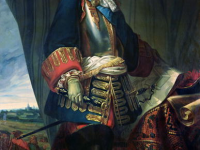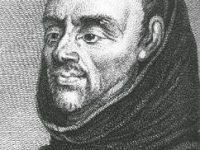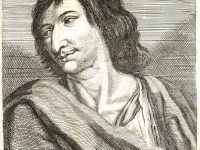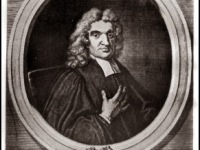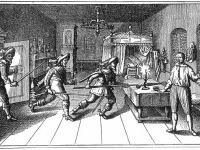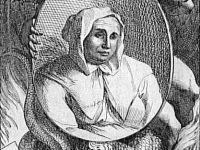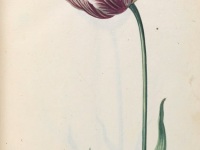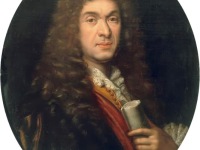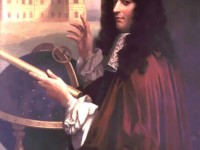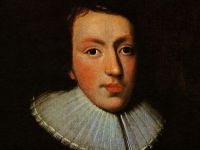Vauban or the Art of Fortress Construction
On May 1 (or May 4), 1633, French military engineer Sébastien Le Prestre de Vauban was born. Considered the expert in his field, rivaled only by his Dutch contemporary, Menno van Coehoorn, his design principles served as the dominant model of fortification for nearly 100 years, while his offensive tactics remained in use until the early twentieth century. He made a number of innovations in the use of siege artillery and founded the Corps…
Read more

